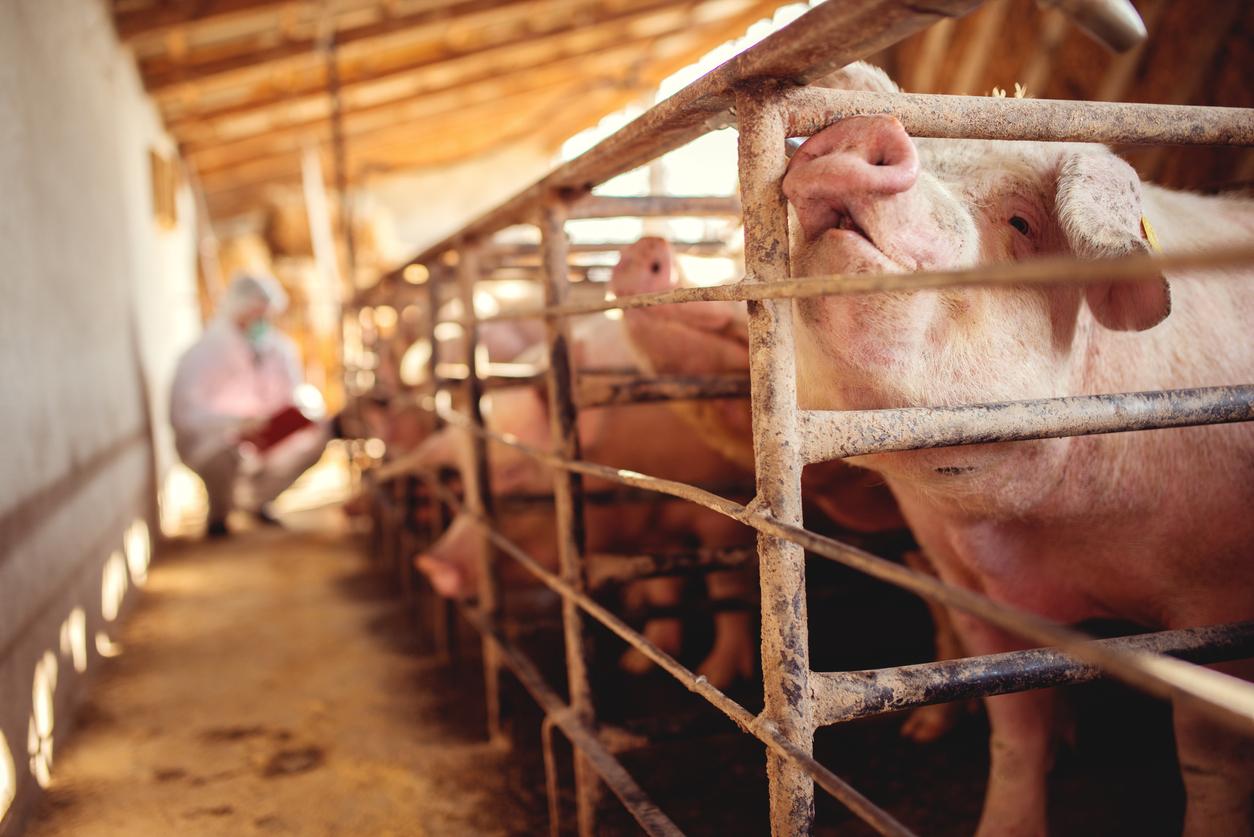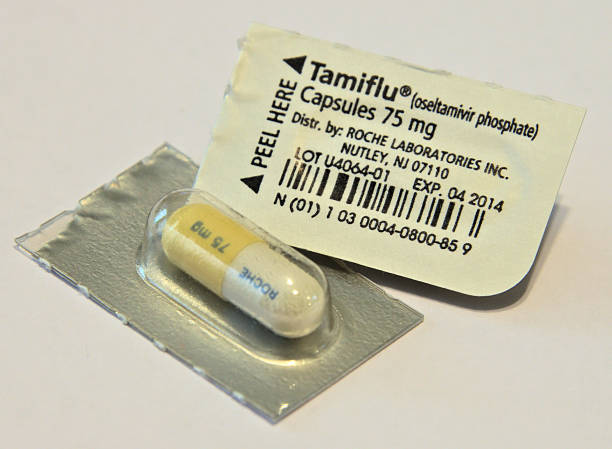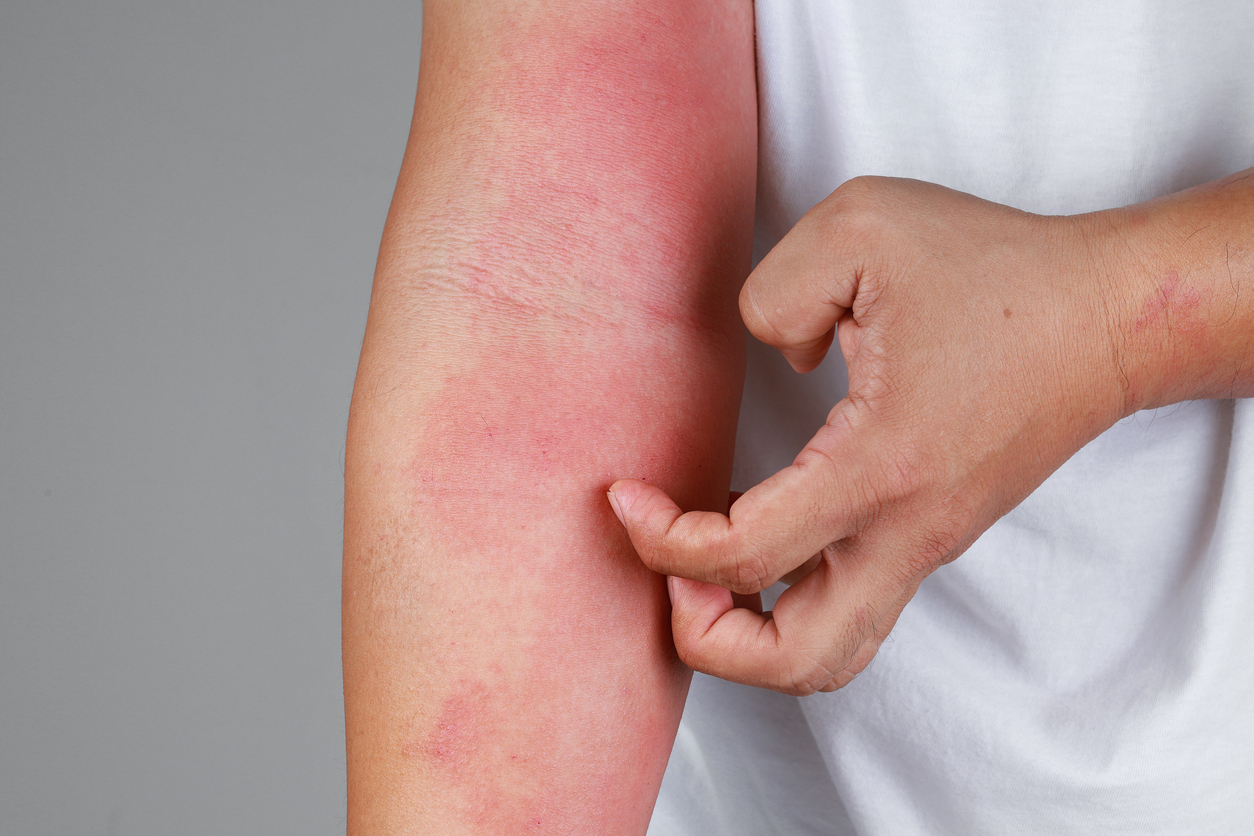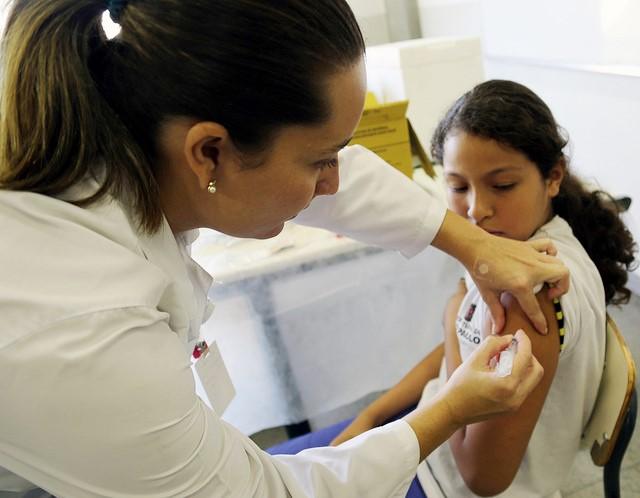
A decline in the sale of antibiotics for use in food-producing animals in the United Kingdom was associated with a significant decrease in indicators of antimicrobial resistance (AMR) in pigs and poultry, researchers reported last week in the Journal of Antimicrobial Chemotherapy.
From 2014 through 2021, antibiotic sales for food-producing animals in the United Kingdom were cut in half, declining from 59.27 milligrams per population correction unit (mg/PCU) to 29.14 mg/PCU. The decrease was spurred by 2014 report from the UK government that called for reductions in the use of antibiotics in humans and animals.
To analyze associations between the decrease and AMR in food-producing animals, researchers from the UK's Animal and Plant Health Agency and Veterinary Medicines Directorate assessed the prevalence of non–wild-type Escherichia coli (strains that have acquired resistance) in pigs and poultry (broilers and turkeys)—the sectors that have contributed the most to the reductions in antibiotic sales.
Significant drop in resistant E coli
Over the study period, the percentage of non–wild-type E coli isolates with resistance to any antibiotic tested (the primary AMR indicator) fell from 82% to 61%, and the percentage of isolates showing multidrug resistance (the secondary indicator) fell from 56% to 31%.
Logistic regression models showed a significant association between decreasing antimicrobial sales and declines in the percentage of any non–wild-type E coli (odds ratio [OR], 2.69; 95% confidence interval [CI], 1.70 to 4.27) and declines in the percentage of E coli displaying multidrug resistance (OR, 2.58; 95% CI, 1.78 to 3.74).
Although analysis of the direct impact of the findings on human health in the United Kingdom was beyond the scope of the study, the study authors note previous studies have shown links between food-animal antibiotic use and resistant E coli in people.
"Sustaining efforts of antimicrobial stewardship, together with ongoing surveillance, will be important to maintain progress in the control of AMR," the authors wrote. "To further reduce the spread of AMR, funding other areas of research will be beneficial, such as investigating best farm practices (while supporting animal welfare standards, which in itself can affect disease resilience) at [the] individual-farm level."
















